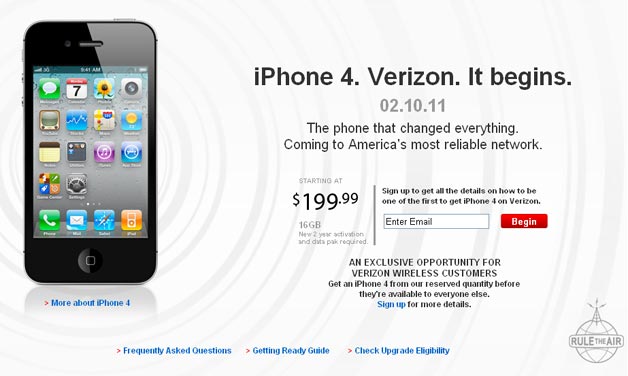A couple of weeks ago, we told you about a new anti-piracy campaign being pushed by the National Cable and Telecommunications Association (NCTA). The deal, backed by the music and movie businesses would have major Internet Service Providers sign a voluntary agreement to crack down on illegal file sharing by adopting a “graduated response” method of attack.
Today, according to Ars Technica, that agreement has been signed.
The ISPs that have agreed to begin implementing the new set of warnings include big players like AT&T, Comcast, Time Warner Cable and Verizon.
Here’s how it will work, in brief –
Copyright holders (the industry) will continue to do what they already do, which is scour the interwebs for copyright infringers. When they snatch some IP addresses from a P2P file sharing network, they will report that IP address to the providing ISP.
ISPs will then implement the graduated program that they have just agreed to. it is important to note that ISPs have not agreed to automatically turn over your information to copyright holders. They will still need a court order to do that. This new agreement simply allows for the ISPs to notify you that you have been tagged.
Here is the complete list of the six steps of the graduated response, courtesy of Ars.
First Alert: In response to a notice from a copyright owner, an ISP will send an online alert to a subscriber, such as an email, notifying the subscriber that his/her account may have been misused for content theft, that content theft is illegal and a violation of published policies, and that consequences could result from any such conduct. This first alert will also direct the subscriber to educational resources which will (i) help him/her to check the security of his/her computer and any Wifi network, (ii) provide explanatory steps which will help to avoid content theft in the future and (iii) provide information about the abundant sources of lawful music, film and TV content.
Second Alert: If the alleged activity persists despite the receipt of the first alert, the subscriber may get a second similar alert that will underscore the educational messages, or the ISP may in its discretion proceed to the next alert.
Third Alert: If the subscribers account again appears to have been used for content theft, he/she will receive another alert, much like the initial alerts. However, this alert will provide a conspicuous mechanism (a click-through pop-up notice, landing page, or similar mechanism) asking the subscriber to acknowledge receipt of this alert. This is designed to ensure that the subscriber is aware of the third copyright alert and reminds the subscriber that content theft conducted through their account could lead to consequences under the law and published policies.
Fourth Alert: If the subscribers account again appears to have been used for content theft, the subscriber will receive yet another alert that again requires the subscriber to acknowledge receipt.
Fifth Alert: If the subscribers account again appears to have been used for content theft, the ISP will send yet another alert. At this time, the ISP may take one of several steps, specified in its published policies, reasonably calculated to stop future content theft. These steps, referred to as Mitigation Measures, may include, for example: temporary reductions of Internet speeds, redirection to a landing page until the subscriber contacts the ISP to discuss the matter or reviews and responds to some educational information about copyright, or other measures that the ISP may deem necessary to help resolve the matter. ISPs are not obligated to impose any Mitigation Measure which would disable or be reasonably likely to disable the subscribers voice telephone service (including the ability to call 911), e-mail account, or any security or health service (such as home security or medical monitoring). The use of the mitigation measure is waivable by the ISP at this point.
Sixth Alert: Whether or not the ISP has previously waived the Mitigation Measure, if the subscribers account again appears to have been used for content theft, the ISP will send another alert and will implement a Mitigation Measure as described above. As described above, it’s likely that very few subscribers who after having received multiple alerts, will persist (or allow others to persist) in the content theft.
So basically you will receive warnings for the first 4 instances of “illegal file sharing.” Upon being flagged for the 5th time, the ISP may take measures to slow down your downloading or browsing. “May” being the operative word. They don’t have to implement any punishment, but if they do, it’ll be up to them to determine the nature of it.
And like we talked about before, the “education” part of the agreement is front and center. It’s possible that users can only receive full restoration of their service after participating in some sort of educational program about the horrors of file sharing.
There’s no indication that shutting off service completely is any part of the deal, even after 6 strikes.
There are two basic questions that arise from this news. First, will ISPs consistently take the initiative to implement these “mitigation measures,” since it’s all voluntary? And second, will four slaps on the wrist deter flagged P2P sharers before ISPs have to implement the harsher stuff?
Let us know what you think.







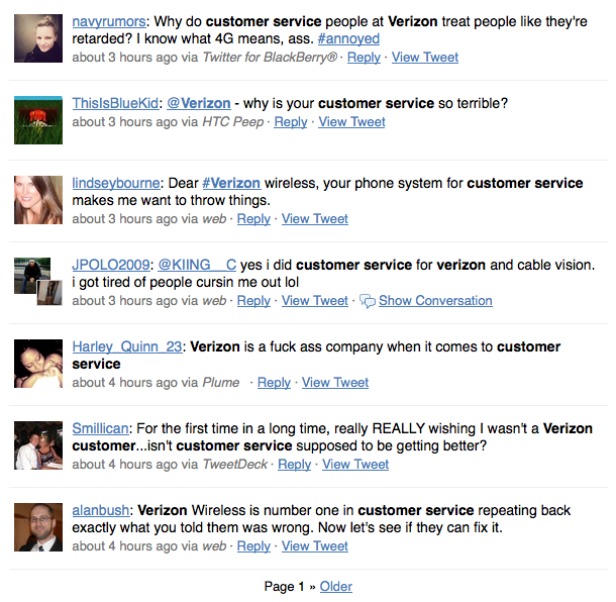
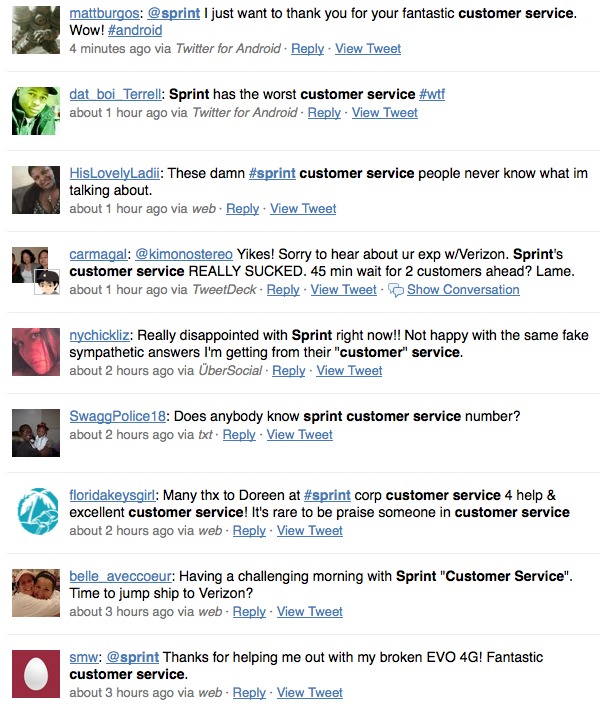




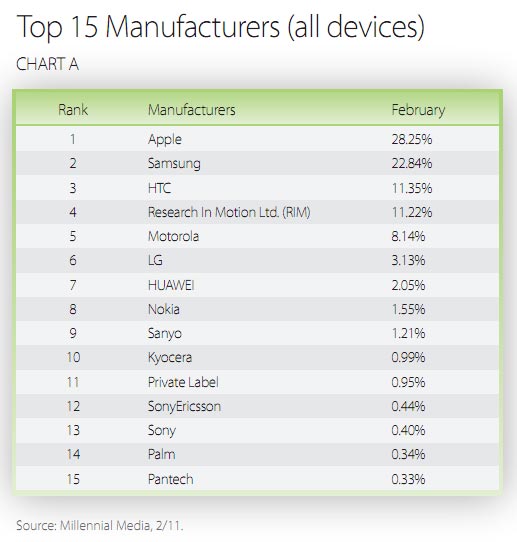
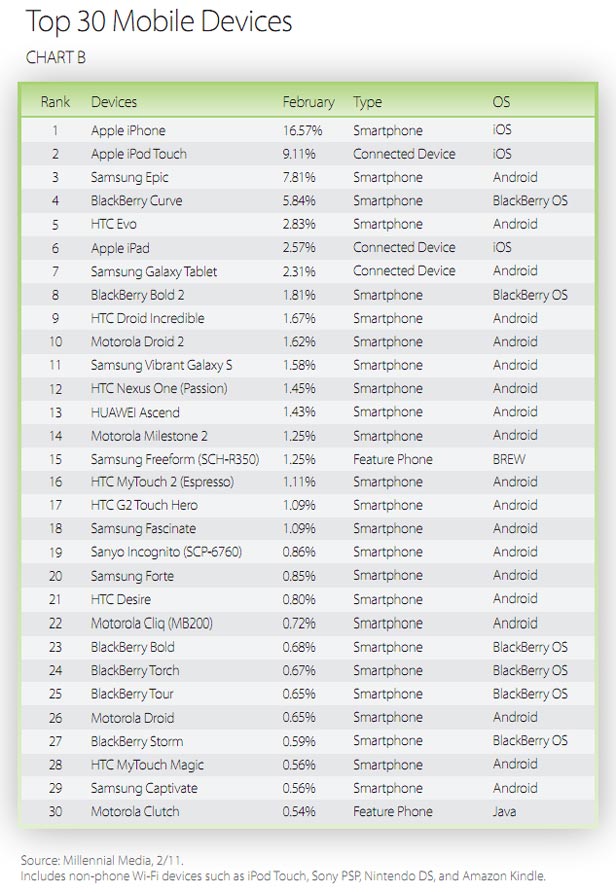

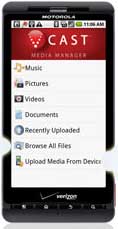 V Cast Music will now also offer full-track songs for 69 cents, 99 cents or $1.29 per song, which can be downloaded over the air to a smartphone, and then moved to a computer or other MP3-compatible device using V Cast Media Manager.
V Cast Music will now also offer full-track songs for 69 cents, 99 cents or $1.29 per song, which can be downloaded over the air to a smartphone, and then moved to a computer or other MP3-compatible device using V Cast Media Manager. 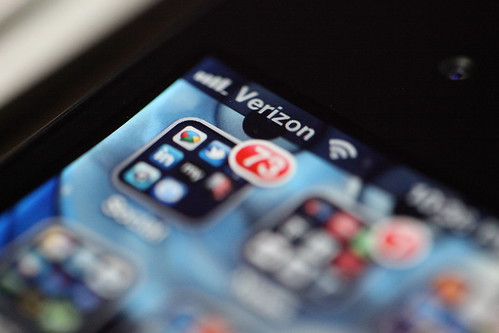
 "In just our first two hours, we had already sold more phones than any first day launch in our history. And, when you consider these initial orders were placed between the hours of 3 a.m. and 5 a.m., it is an incredible success story. It is gratifying to know that our customers responded so enthusiastically to this exclusive offer – designed to reward them for their loyalty.”
"In just our first two hours, we had already sold more phones than any first day launch in our history. And, when you consider these initial orders were placed between the hours of 3 a.m. and 5 a.m., it is an incredible success story. It is gratifying to know that our customers responded so enthusiastically to this exclusive offer – designed to reward them for their loyalty.” 
 Terremark Chairman and CEO Manuel D. Medina said: "This transaction, first and foremost, provides Terremark’s stockholders with the opportunity for immediate, maximum value and liquidity for their investment in our common stock."
Terremark Chairman and CEO Manuel D. Medina said: "This transaction, first and foremost, provides Terremark’s stockholders with the opportunity for immediate, maximum value and liquidity for their investment in our common stock." 
